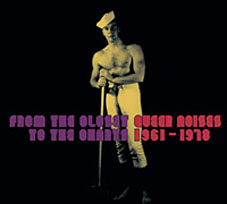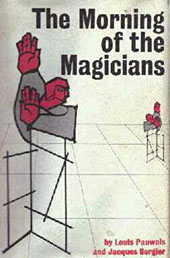Scott Walker: 30 Century Man is a long-overdue look at one of the most influential and enigmatic figures in rock history. The film will explore his music and career, from his early days as a jobbing bass player on the Sunset Strip, to mega-stardom in Britain’s swinging 60s pop scene as lead singer of The Walker Brothers, to his evolution into one of the most astonishing soundmakers of the last few decades.
He’s 63 years old and has just released his first album in over 10 years, The Drift on 4 AD Records. The film features exclusive behind-the-scenes footage of the making of the album as well as interviews with friends, collaborators, and fans including, among others:
David Bowie, Radiohead, Jarvis Cocker (Pulp), Brian Eno, Damon Albarn (Blur, Gorillaz), Neil Hannon (The Divine Comedy), Marc Almond, Alison Goldfrapp, Sting, Dot Allison, Simon Raymonde (Cocteau Twins), Richard Hawley, Rob Ellis, Johnny Marr, Gavin Friday, Lulu, Peter Olliff, Angela Morley, Ute Lemper, Ed Bicknell, Evan Parker, Benjamin Biolay, Hector Zazou, Mo Foster, Phil Sheppard, Pete Walsh, and more.
Directed by Stephen Kijak, who brought you the delightfully deranged documentary CINEMANIA (a profile of 5 of NYC’s most manic film buffs), this is a different form of obsession altogether. Inspiring god-like devotion from fans, Scott Walker’s has a cult that has grown considerably since his 1995 release Tilt, a dark and difficult masterwork. His new album takes that sound further than anyone could have imagined?
Collaborators include acclaimed DP/Director Grant Gee (Radiohead: Meeting People is Easy) and Graham Wood, formerly of legendary design collective Tomato.
Produced by Mia Bays, Liz Rose and Stephen Kijak
Associate Producer: Gale Harold
Executive Producer: David Bowie
On release in the UK from April 27th. Details here.
Previously on { feuilleton }
• Exodus art and Plague Songs
• The Drift by Scott Walker



